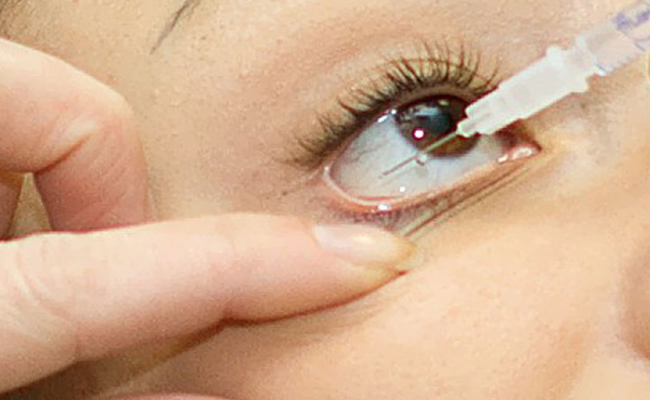

Retina injection typically refers to the administration of medication directly into the eye, specifically into the vitreous cavity, to treat various retinal conditions. This procedure is commonly performed by ophthalmologists and is used to deliver medications such as anti-vascular endothelial growth factor (anti-VEGF) agents, corticosteroids, or antibiotics. This technique is used to treat various retinal conditions, including age-related macular degeneration (AMD), diabetic retinopathy, retinal vein occlusion, and macular edema.
Intravitreal injections have become a standard treatment for many retinal conditions due to their effectiveness and relatively low risk compared to other surgical interventions. However, they do carry some risks, including infection, retinal detachment, and increased Best Eye Specialists in Ghatkopar, which are typically rare but can occur.